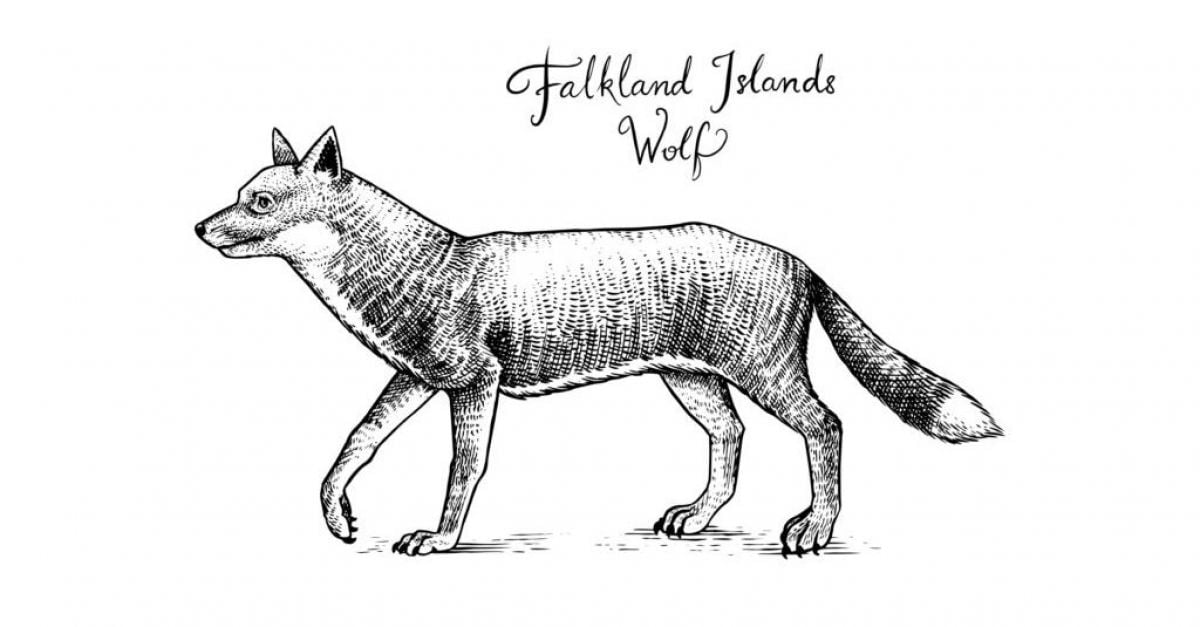Discovery of an Extinct Fox in Argentina
An extinct fox in Argentina may have once been man’s best friend, sharing a “strong bond” with humans, research suggests. Analysis of 1,500-year-old skeletal remains at a burial site in Patagonia suggests that Dusicyon avus – also known as Falkland Islands wolf – was “a valuable companion to the hunter-gatherer groups”.
Unique Findings at the Burial Site
The fox bones belong to a single animal while the human remains come from 21 different individuals, in what scientists described as “a very rare and unusual find”. The lack of cut marks on the bones suggests D. avus was not hunted by humans for food, according to the scientists.
Significance of the Partnership
The team’s findings, published in the journal Royal Society Open Science, represent “a unique case” of partnership between a human and a wild South American fox. Study author Dr Ophelie Lebrasseur highlighted several factors that led to identifying the fox as a companion or a pet rather than as part of the humans’ diet.
- None of the animal bones present any traces of cut marks, suggesting the individual was not eaten.
- The fox was buried on a human burial site along with 21 other human beings, indicating personal significance.
- Its diet resembled that of the humans buried on the site rather than wild canids, implying a close relationship.
Life of Dusicyon avus
Researchers estimate that D. avus would have had a body mass of around 10 to 15kg, similar to the size of a German shepherd. The fox would have lived in various open areas in South America, including Brazil, Uruguay, and Argentina.
Extinction and Possible Causes
The archaeological record suggests D. avus went extinct about 500 years ago, with one theory suggesting the arrival of domestic dogs in Patagonia may have contributed to their disappearance. However, researchers believe that mating between the two species would not have played a significant role in D. avus’s extinction.
Dr Lebrasseur mentioned that the possibility of these foxes making good pets remains unknown, with some individuals potentially having a closer bond with humans. The discovery of a Dusicyon avus specimen with such a close relationship with the hunter-gatherer community is considered rare and intriguing.
















































